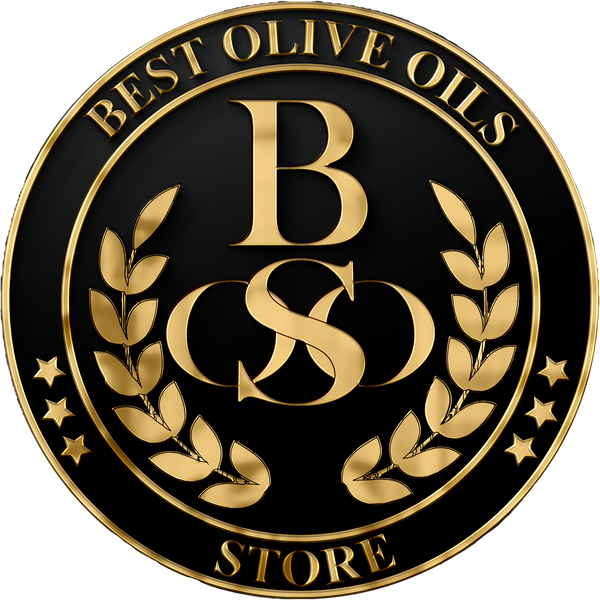
oel berlin
We’ve won!
Natural Organic olive oil
Our goal is for our customers to be able to buy authentic Greek olive oil. That’s why OEL is a direct link between supply and demand, between producer and consumer, between Meligalas and Berlin.
What is our brand?
The OEL brand is 100% pure, self-produced, and organic extra virgin Koroneiki olive oil. “Self-produced” means that we use organic Koroneiki olives that grow and thrive exclusively on our certified organic trees on our land in Meligalas, Kalamata (home of the world-famous Kalamata olive), Messenia, Greece. “Self-produced” also means that we carefully harvest those olives by hand. We use cold extraction (not cold pressing!) to process our OEL olives into oil in just a few hours, before pouring the oil into our striking black canisters and transporting them to shop shelves across Europe.

Three people, who could not be more different, decide to return to their roots. We are OEL. Mehr über uns
Producing OEL requires purely manual labor — learn how it works here. Mehr über unser OEL

—
The flavor
The flavor of the small green Koroneiki olive is very popular within Greece due to its richness and composition, ensuring an unbeatably high demand. Making up around 60% of all Greek olive varieties, the Koroneiki olive’s dominance and the Greek people’s preference is clear.
The interaction and balance of geography and climate in the Messenia region of the Peloponnese plays a special role in OEL’s flavor. And flavor is what makes it worthwhile to buy this Greek extra virgin olive oil. The region’s above-mentioned interaction/balance involves mountains, oceans, mineral and calcareous soils, together with strong sun, rain, and typical coastal winds, creating a special form of robustness and serenity. Our olive trees share these properties. Tolerating a climate ranging from +40 °C to ‑15 °C, our Koroneiki olives demonstrate this every year and thus acquire an unmistakably rich flavor. This flavor is defined by nuances of citrus fruits and nuts and culminates in our acid-green natural cloudiness.
—
Kalamata, the capital of the Greek olive harvest
Our idea was not just to buy Greek olive oil and then sell it, but rather to buy our own land and grow our own olives. In 2014, we decided to go for it. We wanted to be able to control the entire production chain. And not in Lesbos or Crete, as is often the case, but in Kalamata. Kalamata, the capital of the Messenia region of the Peloponnese, is not only our (second) home, but also the home of millions of olive trees of different varieties. The region is considered to be the most important olive-growing area in Greece, ahead of islands like Crete and Lesbos.
Around Kalamata, not far from historic Sparta, countless varieties of olives have been grown at various levels for thousands of years. As described above, the Koroneiki olive stands out from among the different olive varieties. It is grown, processed, and sold by most farmers. And that includes OEL, at a certified organic level and with a volume of 100,000 liters per year.
With this year’s harvest, which was the best so far, you have the chance to buy authentic Greek olive oil. The OEL harvest takes place once a year, usually at the beginning of November. Then, our olives make their way from the tree to our canisters. When choosing the packaging, we deliberately avoided using glass bottles because bottles — no matter how dark the glass is — are not UV-insulating and therefore cannot protect the contents. Tinplate insulates against temperature and UV, thus preserving the richness of the olive oil’s components. Try Greece’s favorite cooking oil!
“Marc and Amadeus are school friends. After graduating from high school, they came up with the crazy idea of buying an olive grove with 350 trees in the hometown of Amadeus’ grandparents and importing the oil they produced to Berlin. Later, they were joined by the Italian Simone. They leased further olive groves and cooperated with local farmers. From the pallet to the processing, the money stays in Greece. At first they were ridiculed, now they are taken seriously. The three of them may be newcomers to the oil business, but they know the Berlin market. Their oil is certified organic. And they are breaking new ground."
"Grandma Anthoula, 72, makes no secret of the fact that the work under the olive trees is going too slowly for her liking. Every day at the harvest counts, every rainy day also requires a compulsory break. Her grandson Amadeus, who grew up in Berlin and spent his childhood holidays here in the region, does not have to translate in order for the message to reach us. We are talking too much, we weren't in the grove with the trees at sunrise, and we are enjoying lunchtime too much, sitting sweatily between the trees on sacks full of olives and eating Greek lamb with rice. But on our last day at work, Anthoula will also smile, talk conciliatorily about how nice it is to work with so many young Germans and say: "The trees and the olive oil are sacred."
oel-berlin.de


















